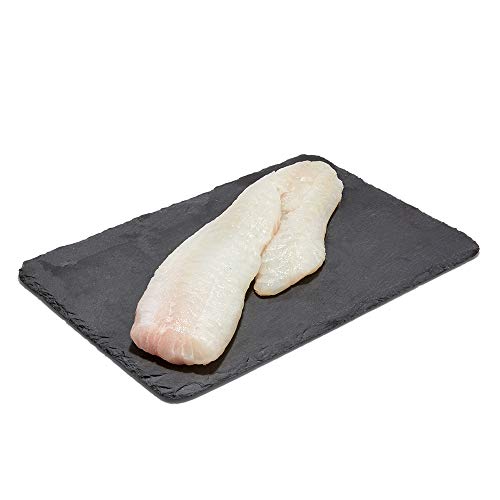Cod Fillet Atlantic for MSC Certified Consumers
Category: fish la

Responsibly Farmed or Sustainable Wild-Caught Seafood Seafood that is either responsibly farmed or sustainably wild-caught is preferred. Certain preservatives, including sodium bisulfite and STPP, are prohibited. The seafood must be traceable back to its farm or fishery of origin.
Responsible Farming Practices Responsibly farmed seafood is produced using methods that minimize environmental impact and ensure animal welfare. This includes adherence to best practices in areas such as water quality management, feed sourcing, and disease control. Farms are regularly inspected and must comply with stringent regulations to maintain their certification.
Sustainable Wild Capture Sustainably wild-caught seafood is sourced from fisheries that employ methods to preserve fish populations and marine ecosystems. These fisheries utilize science-based quotas, selective fishing gear, and other conservation measures to prevent overfishing and habitat destruction. They are certified by reputable third-party organizations to verify their sustainability.
Prohibited Preservatives Certain preservatives are prohibited in responsibly sourced seafood due to health and environmental concerns. Sodium bisulfite, for example, has been linked to allergic reactions in some individuals. STPP, or sodium tripolyphosphate, is a synthetic additive used to improve texture and water retention, but its overuse can contribute to eutrophication in aquatic environments.
Traceability and Transparency Responsibly sourced seafood must be fully traceable back to the farm or fishery of origin. This ensures accountability and allows for verification of the production methods used. Detailed information about the source, harvest, and handling of the seafood is provided to consumers, promoting transparency and building trust.
Benefits of Responsible Seafood Sourcing Choosing responsibly sourced seafood has numerous benefits for both the environment and human health. It supports sustainable fishing and aquaculture practices, helping to preserve marine ecosystems and ensure the long-term availability of seafood resources. Additionally, the absence of certain preservatives in responsibly sourced seafood can provide health advantages, as consumers can avoid potential side effects or allergic reactions.
In conclusion, responsibly farmed or sustainable wild-caught seafood, free from certain prohibited preservatives and traceable to its source, offers a more environmentally friendly and health-conscious option for consumers. By supporting responsible seafood sourcing, individuals can contribute to the long-term sustainability of our ocean resources and make more informed choices about the seafood they consume.
product information:
| Attribute | Value | ||||
|---|---|---|---|---|---|
| package_dimensions | 14 x 5.7 x 2.1 inches; 1 Pounds | ||||
| upc | 294717000006 | ||||
| manufacturer | SEAFOOD | ||||
| customer_reviews |
|

















